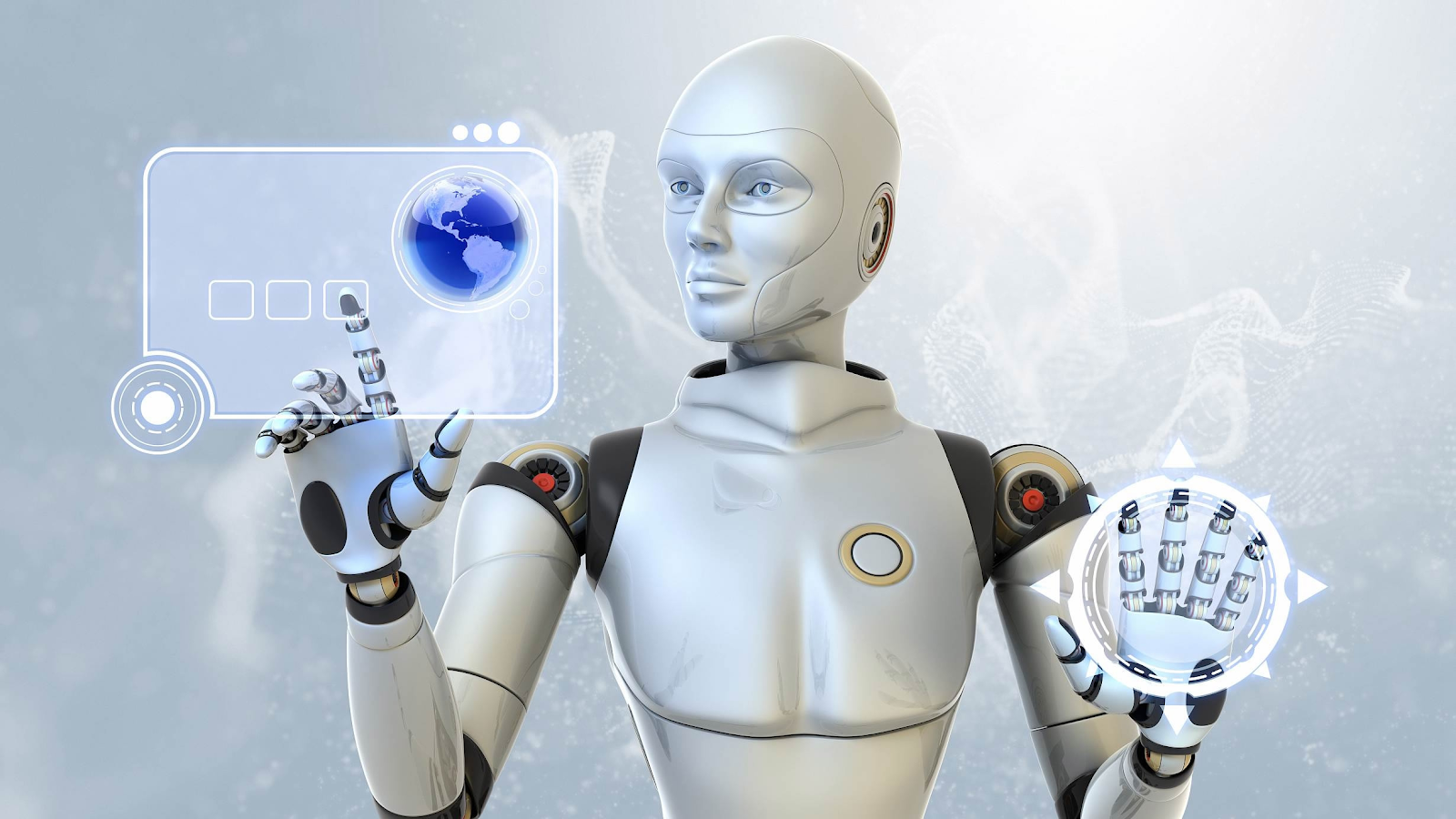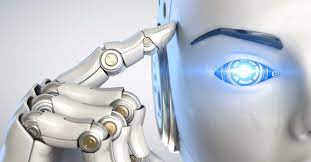The Impact of AI on Job Security in the IT Sector: Can Humans Be Replaced?
AI is a revolutionary technology that has enhanced business’s efficiency and productivity. It is now used in everything right from cloud-based applications to enterprise applications, apps, and more. ChatGPT is a recent addition to the world of artificial intelligence.
While artificial
technology is a life-changing technology, there is always a downside that comes
along with every good thing. In this blog, we will discuss the impact of AI on
Job Security.
Impact Of AI
On Employment
The long-term
effects of AI on jobs cannot be predicted now as the AI field is still evolving.
Still, the negative impact of AI on employment cannot be denied. Here
are a few ways AI can impact the job market.
ü
Job Changes: AI might take over some tasks in certain jobs, changing how people
work. For example, robots might do more of the heavy lifting in factories, and
humans might focus on supervising and fixing the machines.
ü
New Jobs: AI could create new kinds of jobs. People might be needed to
design, build, and teach AI systems. Data science, machine learning, and
robotics jobs could become more important.
ü
Skill Upgrades: People might need to learn new skills to keep their jobs or get
new ones. This means education and training will be crucial. Learning about AI
and how to work with it could become as important as reading, writing, and
math.
ü
Pay Differences: Jobs that are at risk of being taken over by AI might see slower
wage growth or even job loss. On the other hand, jobs that involve working with
AI could become more valuable and pay better.
ü
Societal and Economic
Changes: The widespread use of AI might change how
we work and live. It could affect how wealth is distributed and how people get
by. Education will become even more important, and society might need to find
ways to help people who lose their jobs due to AI.
Which Jobs Are
the Most Vulnerable and Why?
AI technology is
progressing rapidly, ushering in increase in efficiency and job changess.
However, this progress also brings with it the possibility of certain job roles
being displaced. Let's look at the AI job loss predictions.
ü
Data Entry: AI-powered machines have the capability to execute data entry
tasks with greater speed and precision than humans, which may jeopardize the
future of data entry jobs.
ü
Customer Service: AI chatbots and voice assistants are proficient at handling
routine customer service inquiries, thus diminishing the demand for customer
service professionals.
ü
Transportation: The emergence of self-driving cars and delivery drones has the
potential to supplant some positions in the transportation and logistics
sector.
ü
Agriculture: Automated machines are capable of monitoring and managing crops,
which could result in the replacement of a portion of agricultural jobs.
ü
Assembly Line: Robots excel at executing repetitive tasks on assembly lines more
quickly and consistently than humans, thereby displacing human workers in this
domain.
ü
Bookkeeping: Bookkeeping software can efficiently oversee financial and
administrative records, thereby posing a threat to traditional bookkeeping
roles.
Things You
Need To Know About AI
Here are a few
important things you need to know about AI before you enter this field.
Diverse Skills
and Qualifications Are Needed To Be In AI Industry
AI is a multifaceted
field that needs many skills, including programming, math, creativity, and critical
thinking. If you want to work in AI, you should know about computer science,
math, and engineering. You also need to be good at programming, understanding
data, making algorithms, and using tools for machine learning.
Numerous Job Options
are Available
AI has lots of
different job options, such as;
ü
AI Developer: AI developers write codes and make AI do various tasks. They also
work with data experts and engineers to turn AI into products. AI developer's
salary is around $77,000 per year.
ü
Machine Learning Engineer: ML engineers make sure AI programs run smoothly. They write
programs so AI can solve problems on its own. They help businesses be more
efficient. Their salaries often start at $77,000 a year.
ü
Machine Learning Researcher: ML researchers work with data as well as train and test AI models.
They collect, clean, and study data to make AI smart. They make about $97,000 a
year and more as they get more experience.
AI Jobs are
Present in Different Industries
ü
In healthcare, AI aids in
medical diagnosis robotic surgeries, and helps find better treatments.
ü
AI helps with financial
strategies and detects fake transactions in the finance industry.
ü
In entertainment, AI suggests
movies and even helps create music and art.
ü
AI makes learning easier and helps
in grading papers in the education industry.
ü
Self-driving cars are an
example of AI in the Automotive industry.
ü
In farming, AI helps optimize
crop growth and manage resources.
ü
In retail, AI understands what
people want to buy, helping with supply chain optimization and demand
forecasting.
Thinking About What's Right in AI
Here are some
more things you need to know about AI.
ü
Bias and Fairness: AI can sometimes favor certain groups of people and make things
unfair. For example, an AI hiring system fed with specific data may favor that
group of people more than others, which isn't right.
ü
Data Privacy and Security: AI uses lots of data, including personal information. It's
important to keep this data safe and not let evil people get it. If an AI
accidentally shares confidential information with the wrong people, it can
cause a lot of problems.
Conclusion
In the long run,
AI could change the job market in many ways, but it cannot replace humans.
Humans have made AI and it will always be dependent upon them for many things
like supervision, programming, data training. So, to think that AI will
completely replace humans is totally wrong. Sure, it has changed the job market
and poses a risk to many jobs but with reskilling and upskilling, we can adapt
to the changes caused by artificial intelligence.







Comments
Post a Comment